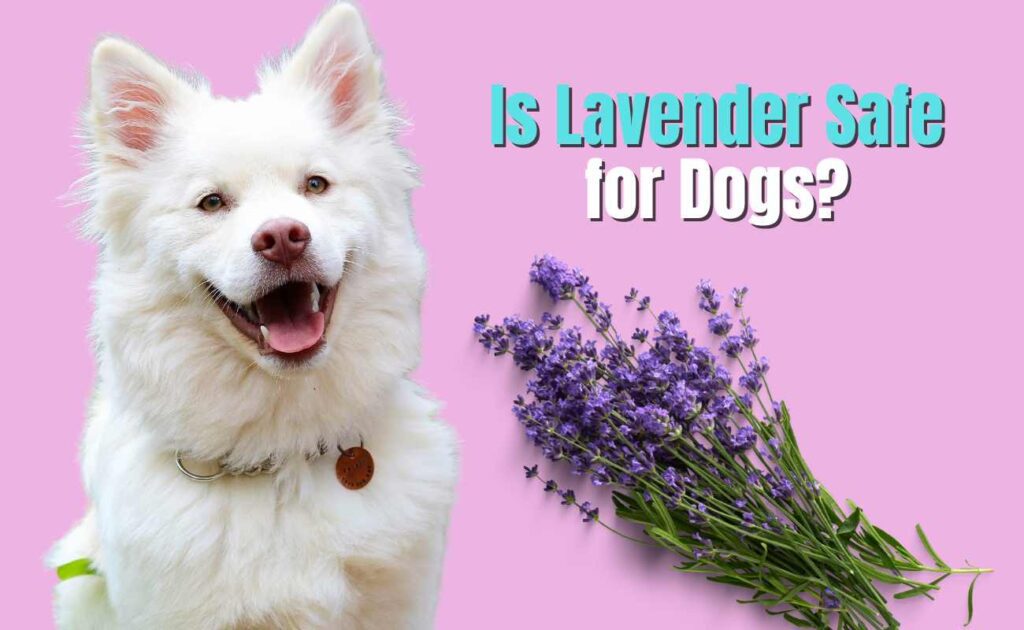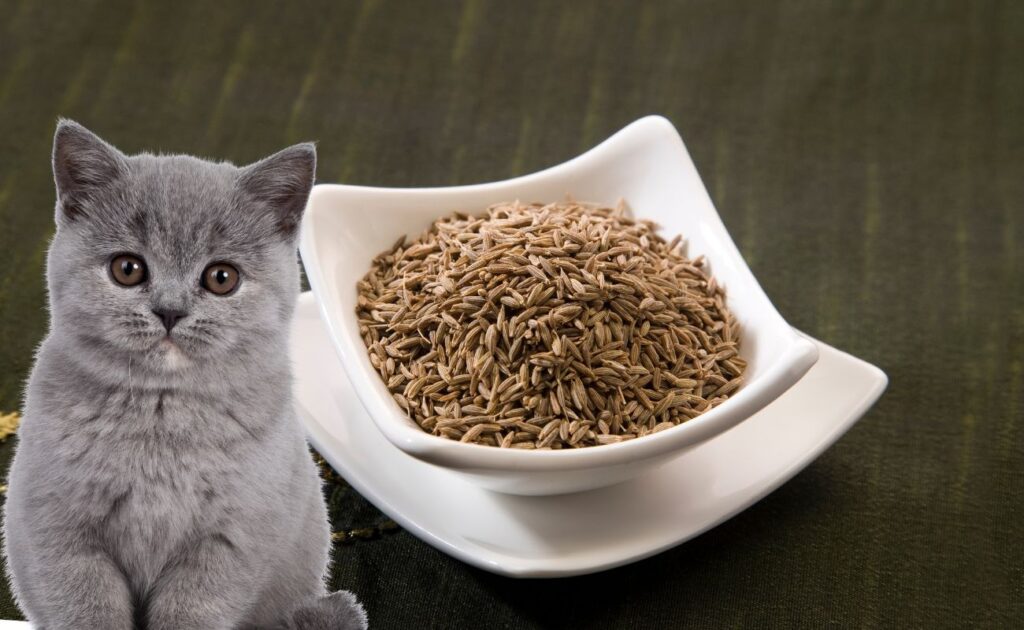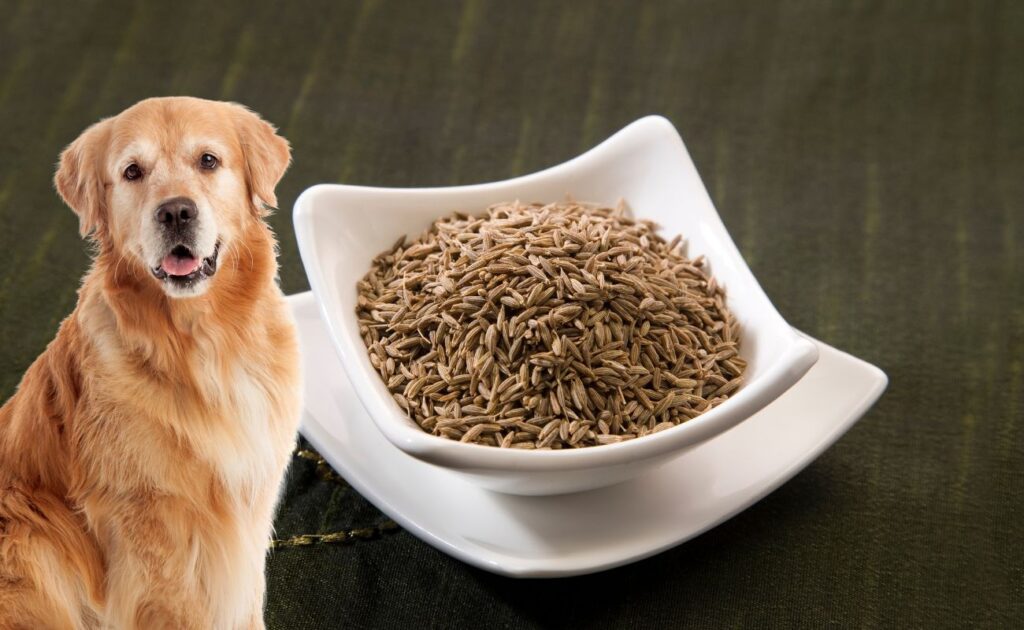Can Cats Have Mustard? Everything You Need to Know

Cats are curious creatures, especially when it comes to what their humans are eating. You might have noticed your cat sniffing around your plate or even trying to take a taste of your food. While it can be tempting to let your cat have a bite of what you’re eating, it’s important to remember that not all human foods are safe for our feline friends. One question many cat owners have is: can cats have mustard? Let’s explore whether mustard is safe for cats and what you should know about feeding your cat human foods. What is Mustard? Mustard is a popular condiment made from the seeds of the mustard plant. It’s often used to add flavor to sandwiches, hot dogs, and many other dishes. The basic ingredients in mustard include mustard seeds, vinegar, water, salt, and various spices. There are also different types of mustard, such as yellow mustard, Dijon mustard, and spicy mustard, each with its own unique taste and ingredients. While mustard is a common addition to many meals for humans, it might not be the best choice for our furry friends. Is Mustard Safe for Cats? The short answer is no, mustard is not safe for cats. Mustard contains ingredients that can be harmful to cats, and it’s best to avoid giving it to them altogether. While a small lick of mustard may not cause immediate harm, it can still lead to digestive problems or other health issues. Cats have sensitive stomachs, and certain ingredients in mustard, like mustard seeds and spices, can cause them discomfort or even be toxic. Why Mustard is Harmful to Cats There are a few reasons why mustard can be harmful to cats. One of the main concerns is the mustard seeds themselves. Mustard seeds can be toxic to cats if ingested in large amounts. They can cause irritation in the stomach and intestines, leading to symptoms such as vomiting, diarrhea, and abdominal pain. In addition to mustard seeds, many types of mustard contain other ingredients that can be harmful to cats. For example, vinegar and certain spices used in mustard can upset a cat’s stomach and lead to digestive issues. Some mustards, especially those that are spicier, contain ingredients like garlic or onions, which are known to be toxic to cats and can cause serious health problems, including damage to red blood cells. What to Do if Your Cat Eats Mustard If your cat accidentally eats mustard, it’s important to stay calm and take action. The first thing you should do is remove any remaining mustard that your cat might have access to. Check the label on the mustard jar or bottle to see what ingredients are included, especially looking for any harmful ones like garlic or onion. After you’ve secured the area, monitor your cat closely for any signs of distress or illness. Common symptoms to watch for include vomiting, diarrhea, drooling, and signs of abdominal pain, such as crouching or hunching over. If you notice any of these symptoms, it’s a good idea to call your veterinarian for advice. They may suggest bringing your cat in for an examination, especially if the mustard contained potentially harmful ingredients. In some cases, your vet might recommend giving your cat a small amount of water to help dilute the mustard and soothe the stomach. However, do not try to induce vomiting or give your cat any medications without first consulting your vet. It’s always best to let a professional guide you on the safest course of action. Conclusion In conclusion, while it might seem harmless to let your cat have a taste of mustard, it’s not a good idea. Mustard contains ingredients that can be harmful to cats, and it’s best to keep it away from them. If your cat does accidentally consume mustard, monitor them closely for any signs of illness and contact your veterinarian if you have any concerns. The best way to keep your cat safe and healthy is to be mindful of what foods you allow them to eat. Stick to cat-friendly treats and always check if a food is safe for cats before sharing it with your furry friend. By taking these precautions, you can ensure that your cat stays happy, healthy, and out of harm’s way.
Is Lavender Safe for Dogs? A Simple Guide for Pet Owners

Lavender is a popular plant known for its beautiful purple flowers and calming scent. Many people use lavender in their homes, gardens, and products like essential oils and candles. But if you’re a dog owner, you might wonder if lavender is safe for your furry friend. In this article, we’ll explore whether lavender is safe for dogs, its benefits, potential risks, and how to use it safely around pets. What is Lavender? Lavender is a flowering plant that belongs to the mint family. It’s famous for its fragrant flowers and is commonly used in aromatherapy, cooking, and natural remedies. Lavender oil, which is extracted from the flowers, is known for its soothing properties and is often used to promote relaxation and sleep. Many people enjoy lavender for its calming effects, but it’s important to know how it affects our pets. Is Lavender Safe for Dogs? The safety of lavender for dogs depends on the form it is in and how it’s used. Generally, fresh lavender plants and dried lavender are not toxic to dogs in small amounts. However, the essential oils derived from lavender can pose a risk. While the scent of lavender is usually not harmful when diffused in a well-ventilated space, direct exposure to concentrated lavender oil can cause problems. Lavender-scented products like candles or air fresheners are usually safe, but it’s best to keep them out of your dog’s reach. Dogs have a stronger sense of smell than humans, and what smells pleasant to us might be overwhelming or irritating to them. Always be cautious and observe your dog’s behavior when using any scented product in your home. Benefits of Lavender for Dogs Lavender has several benefits that might make it appealing for use with dogs. Here are a few: Calming Effects: Lavender is widely known for its ability to promote relaxation and reduce stress. Some dog owners use lavender to help calm their pets during stressful situations like thunderstorms, fireworks, or trips to the vet. Easing Anxiety: Just like humans, dogs can experience anxiety. Some studies suggest that the scent of lavender can help reduce anxiety in dogs, making it easier for them to stay calm in stressful situations. Repelling Insects: Lavender is also known for its natural insect-repellent properties. Some dog owners use lavender to help keep pests like fleas and ticks at bay. However, it’s important to use products specifically formulated for dogs and avoid applying essential oils directly to your pet’s skin or fur. How to Safely Use Lavender Around Dogs If you want to use lavender around your dog, here are some tips to do it safely: Use Lavender Sparingly: A small amount of lavender, whether in the form of dried flowers or diluted essential oil, can be effective without overwhelming your dog. Make sure to use it in moderation and observe your dog’s reactions. Avoid Direct Contact: Never apply lavender oil directly to your dog’s skin or fur. Instead, use a diffuser to spread the scent in the air or choose lavender-scented products specifically designed for pets. Keep Lavender Products Out of Reach: Store all lavender products, especially essential oils, in a place where your dog cannot access them. This will prevent accidental ingestion or skin exposure. Ventilate Well: When using lavender-scented products like candles or essential oil diffusers, ensure the area is well-ventilated to avoid overwhelming your dog’s sensitive nose. Monitor Your Dog: Always keep an eye on your dog when you introduce any new scents or products to your home. If you notice any signs of discomfort, such as sneezing, coughing, itching, or changes in behavior, discontinue use immediately. Conclusion: Should You Use Lavender for Your Dog? Lavender can have both benefits and risks for dogs. While it can help calm your pet and repel insects, it’s important to use it cautiously and responsibly. Avoid direct application of lavender oil and always monitor your dog’s reactions to new scents or products. If in doubt, consult your veterinarian to ensure the safety and well-being of your furry friend. With careful use, you can enjoy the benefits of lavender while keeping your dog safe and happy.
Can Cats Eat Cumin?

Understanding Cumin, Can Cats Eat Cumin? Cumin is a spice derived from the seeds of the Cuminum cyminum plant, belonging to the parsley family. It is commonly used in cooking to add flavor and aroma to dishes, particularly in cuisines such as Indian, Middle Eastern, and Mexican. Cumin has a warm, earthy taste and is often used in both ground and whole seed form. Cumin is a popular spice known for its distinctive flavor and aroma in various cuisines worldwide. As a cat owner, you may wonder whether it’s safe to share foods seasoned with cumin with your feline friend. In this comprehensive guide, we’ll delve into the question: Can cats eat cumin? We’ll explore the potential risks and benefits of cumin for cats and provide essential insights into feline nutrition and safety considerations. Nutritional Profile of Cumin Cumin is relatively low in calories but rich in essential nutrients such as iron, manganese, and antioxidants. It also contains small amounts of vitamins C and E, as well as dietary fiber. While these nutrients may offer some health benefits for humans, it’s essential to consider whether they are beneficial or harmful to cats. Here’s a table detailing the nutritional profile of cumin per 100 grams Nutrient Amount Per 100g Calories 375 kcal Protein 17.81 g Fat 22.27 g Saturated Fat 1.535 g Monounsaturated Fat 14.055 g Polyunsaturated Fat 3.275 g Carbohydrates 44.24 g Fiber 10.5 g Sugars 2.25 g Calcium 931 mg Iron 66.36 mg Magnesium 366 mg Phosphorus 499 mg Potassium 1788 mg Sodium 168 mg Zinc 4.8 mg Please note that these values are approximate and can vary depending on factors such as growing conditions and processing methods. Can Cats Digest Cumin? While cats are obligate carnivores and primarily require animal-based proteins in their diet, they can tolerate small amounts of plant-based foods in moderation. However, cats may not be able to digest certain spices, including cumin, as effectively as humans. The strong flavors and aromatic compounds in cumin may be overwhelming for a cat’s sensitive palate and digestive system. Potential Risks of Feeding Cumin to Cats Feeding cumin to cats in large quantities may lead to gastrointestinal upset, including vomiting diarrhea abdominal discomfort Additionally, some cats may be allergic to cumin or experience adverse reactions to its potent compounds. It’s essential to monitor your cat’s reaction closely if you decide to offer them foods seasoned with cumin. Potential Benefits of Cumin for Cats While there is limited scientific research on the specific effects of cumin on cats, some anecdotal evidence suggests that cumin may have certain health benefits for felines. For example, cumin is believed to possess anti-inflammatory and antioxidant properties, which may help support overall health and well-being in cats. Safe Ways to Introduce Cumin to Your Cat If you’re considering incorporating cumin into your cat’s diet, it’s essential to do so gradually and in small amounts. Start by offering a tiny pinch of ground cumin mixed with your cat’s regular food and observe their reaction. If your cat shows any signs of digestive upset or adverse reactions, discontinue the cumin immediately. Signs of Digestive Upset in Cats Common signs of digestive upset in cats include vomiting diarrhea abdominal pain lethargy decreased appetite and changes in litter box habits. If your cat experiences any of these symptoms after consuming cumin or cumin-seasoned foods, consult with your veterinarian for guidance. What to Do If Your Cat Eats Cumin If your cat accidentally ingests cumin or cumin-seasoned foods and experiences any adverse reactions, monitor them closely and contact your veterinarian for advice. In most cases, mild cases of digestive upset can be managed at home with supportive care, such as providing plenty of fresh water and a bland diet. Summary Can Cats Eat Cumin? Cats can consume cumin in small amounts without significant harm, but it’s not recommended as a regular part of their diet. While cumin isn’t toxic to cats, it may cause digestive upset or allergic reactions in some individuals. It’s best to avoid feeding cumin to your cat and stick to a diet specifically formulated for their nutritional needs. Always consult with your veterinarian before introducing any new food or spice into your cat’s diet.
Can Dogs Eat Cumin?

Understanding Cumin, Can Dogs Eat Cumin? Cumin is a spice derived from the seeds of the Cuminum cyminum plant, commonly used in various cuisines worldwide. It has a warm, earthy flavor and is often used to add depth to dishes such as curries, chili, and tacos. Cumin is a flavorful spice commonly used in cooking, but can dogs eat cumin? As a responsible pet owner, it’s essential to understand the potential risks and benefits of feeding cumin to your canine companion. In this comprehensive guide, we’ll delve into the question: Can dogs eat cumin? We’ll explore the nutritional profile of cumin, potential risks, and safe ways to incorporate it into your dog’s diet. Nutritional Profile of Cumin Cumin is rich in nutrients such as iron, manganese, and antioxidants. It also contains vitamins A, C, and E, as well as dietary fiber. While these nutrients may offer health benefits for humans, it’s essential to consider whether they are suitable for dogs. Here’s a table detailing the nutritional profile of cumin per 100 grams Nutrient Amount Per 100g Calories 375 kcal Protein 17.81 g Fat 22.27 g Saturated Fat 1.535 g Monounsaturated Fat 14.055 g Polyunsaturated Fat 3.275 g Carbohydrates 44.24 g Fiber 10.5 g Sugars 2.25 g Calcium 931 mg Iron 66.36 mg Magnesium 366 mg Phosphorus 499 mg Potassium 1788 mg Sodium 168 mg Zinc 4.8 mg Please note that these values are approximate and can vary depending on factors such as growing conditions and processing methods. Can Dogs Digest Cumin? While dogs can digest a variety of foods, including some spices, their digestive systems may not tolerate certain spices as well as humans. The strong flavors and aromatic compounds in cumin may be overwhelming for some dogs and could potentially lead to digestive upset. Potential Risks of Feeding Cumin to Dogs Feeding cumin to dogs in large quantities may cause gastrointestinal upset, including Vomiting Diarrhea Abdominal discomfort Additionally, some dogs may be allergic to cumin or experience adverse reactions to its potent compounds. Potential Benefits of Cumin for Dogs While there is limited scientific research on the specific effects of cumin on dogs, some anecdotal evidence suggests that it may have certain health benefits. For example, cumin is believed to possess anti-inflammatory and antioxidant properties, which could potentially support overall health and well-being in dogs. Safe Ways to Introduce Cumin to Your Dog If you’re considering incorporating cumin into your dog’s diet, it’s essential to do so gradually and in small amounts. Start by offering a tiny pinch of ground cumin mixed with your dog’s regular food and observe their reaction. If your dog shows any signs of digestive upset or adverse reactions, discontinue the cumin immediately. Signs of Digestive Upset in Dogs Common signs of digestive upset in dogs include Vomiting Diarrhea Abdominal pain Lethargy Decreased appetite and changes in stool quality or frequency. If your dog experiences any of these symptoms after consuming cumin, consult with your veterinarian for guidance. What to Do If Your Dog Eats Cumin If your dog accidentally ingests cumin and experiences any adverse reactions, monitor them closely and contact your veterinarian for advice. In most cases, mild cases of digestive upset can be managed at home with supportive care, such as providing plenty of fresh water and a bland diet. Summary Can Dogs Eat Cumin? No, dogs should not eat cumin. While cumin is not toxic to dogs in small amounts, it can cause digestive upset and discomfort due to its strong flavors and aromatic compounds. Additionally, there are no significant health benefits for dogs to consume cumin, so it’s best to avoid feeding it to them altogether. If you’re looking for safe ways to spice up your dog’s diet, consider using canine-friendly herbs and spices recommended by your veterinarian.

